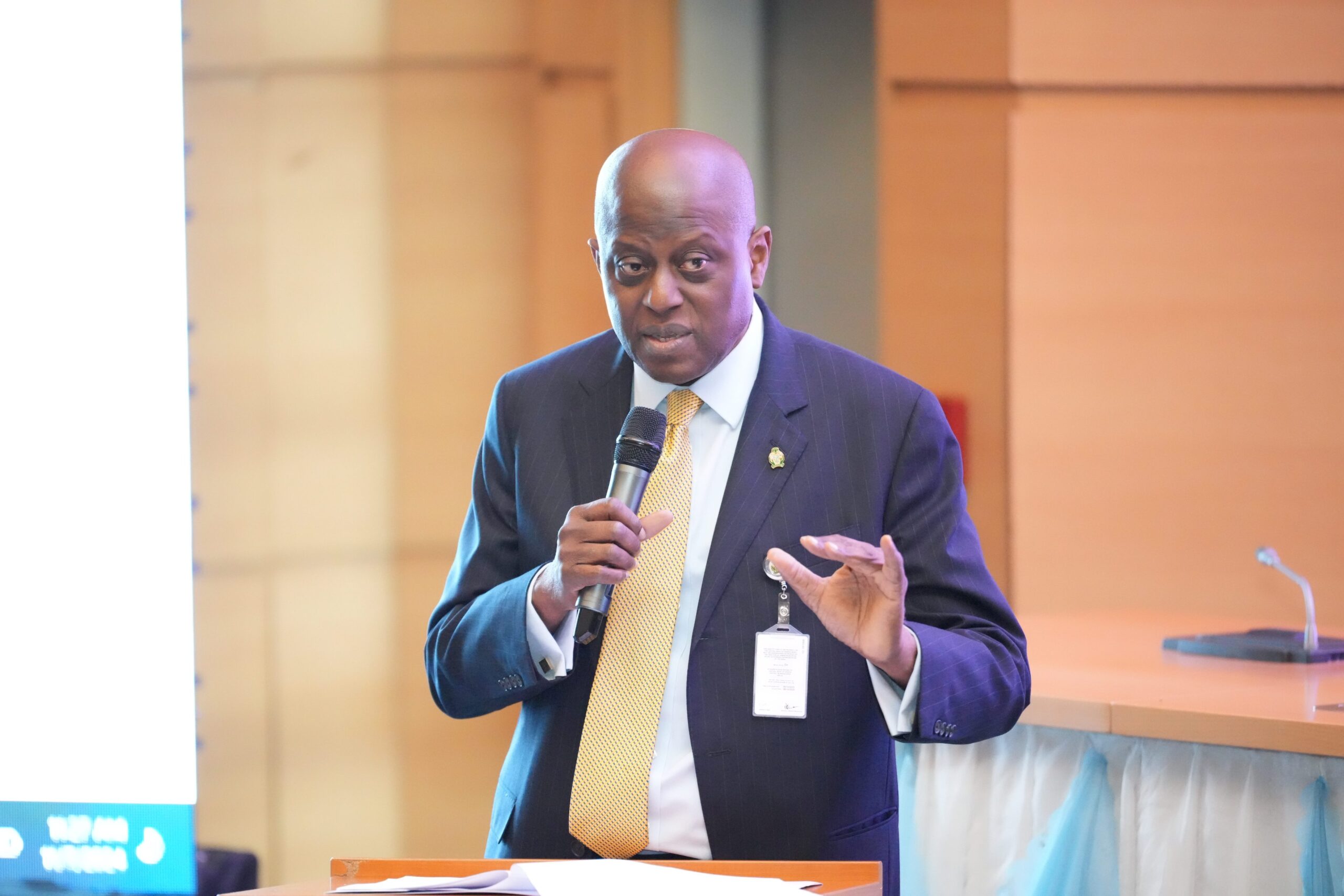
The budget office released the 2017 budget implementation report a few weeks ago. It contained, as expected, some numbers on the federal government’s finances. Safe to say the numbers do not look good.
Total revenues were lower than in 2016 which may be surprising if you account for the fact that oil prices have been steadily increasing from early 2016 through most of 2017. Although it may not be too surprising if you recall the accounting shenanigans done through vehicles such as the “Paris club refund” to magically create revenue. On the other hand, total expenditure increased, driven by a 25 per cent increase in debt servicing costs and a 10 per cent increase in personnel costs. To put the precarious nature of the federal government’s finances into context, the entire revenue from crude oil was not enough to either pay salaries or service already existing debt. The FG government was in effect borrowing to pay salaries and to service debt even before you started to talk about capital expenditure. By any definition we are already in a fiscal crisis.
Now, the obvious response to this fiscal crisis is to focus on revenues. The official line is that Nigeria does not generate enough revenues which is obviously true. Officially, the federal government collected only about 2.3 per cent of GDP in taxes in 2017. The global average for central governments is about 15 per cent. Those numbers hide the true position though. Of that 2.3 per cent of GDP tax revenue, about 50 per cent comes from the oil industry. This distinction is important because the federal and state governments collect an oversize percentage of all revenue flowing through the oil industry. If you strip out the oil industry from the Nigerian economy and measure the federal government’s non-oil tax revenue to the non-oil GDP, the tax to GDP ratio drops to just one per cent.
This one per cent is not a 2017 anomaly but has been the reality for a while.
Historically, at least since the 1970s, these low tax collection numbers have not been a problem because oil revenue overshadowed everything. There was enough oil revenue for the FG to effectively pretend to be a state actor funding the police, military, and providing other essential public goods that states typically provide. However, the country has grown a lot since then while oil revenue has more or less remained stagnant depending on the oil price of course. Bottom line, the country has essentially outgrown the capacity of oil revenue to unilaterally fund the state and the economy and population continue to grow. The direct symptoms of this widening gap between the country and federal government finances show up in the federal government’s financial reports, but the indirect symptoms show up elsewhere. They show up in the broad deterioration in public services from security to education to critical infrastructure.
So, what is the solution? To grow non-oil tax revenues of course, but how? Previous administrations have assumed that growing non-oil revenues is a technocratic challenge or something that technology and systems can solve. The Goodluck administration hired four big consultants to help them boost non-oil tax revenues. The Buhari government has run its own similar technocratic schemes.
Unsurprisingly both have only shown marginal improvement. This is because, at the core, increasing non-oil tax revenue is really about state formation. It is about how to build an effective state and that has historically been less about systems and technocrats and more about politics and power. The politics to knit various groups and non-state actors together to convince them to part with a portion of their income and the power to force them to do so even if they don’t particularly want to; and of course, to supply public goods such as safety and security in return.
In practice this would look like our politicians getting together to talk about tax reform and how to empower groups who have the capacity to enforce tax compliance and distribute revenue in a way that incentivizes people to both be productive and compliant. And of course, to properly deliver public goods. Until that discussion and resolution on tax reform happens the technocrats will be left with simply working on the margins making small but insignificant increases.
Luckily the federal government’s fiscal crisis, which applies to most states too, means that sooner rather than later that discussion will have to happen. Although this is Nigeria, so it would not be surprising if we just continued managing it like that.
Nonso Obikili is an economist currently roaming somewhere between Nigeria and South Africa. The opinions expressed in this article are the author’s and do not reflect the views of his employers.
[ad unit=2]






